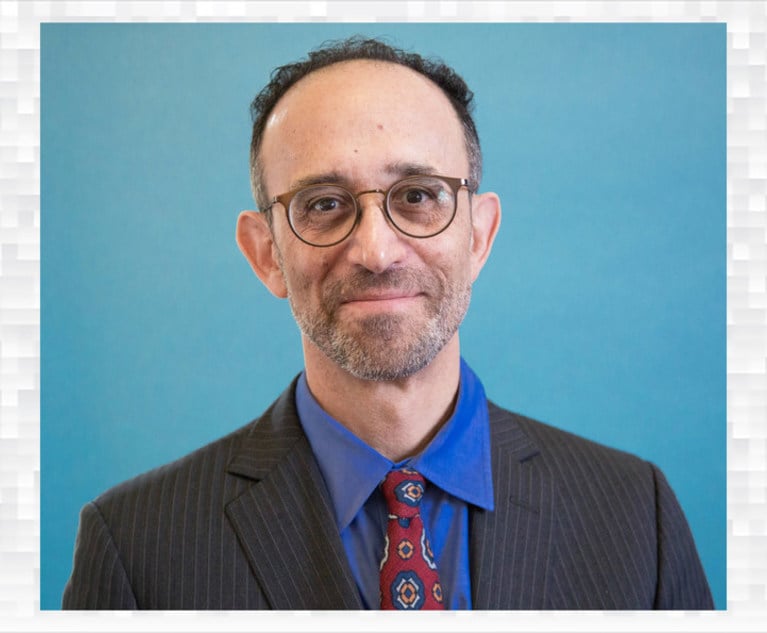Virtual proceedings may prove to be the beginning of the end for the application of the “best evidence rule,” as in Waldman v. Abt, 2021 N.Y. Misc. LEXIS 6534 (Kings Co. Civ. Ct. Dec. 21, 2021), where by definition virtual exhibits are not originals, but are scanned copies and, unless there is, for instance, fraud, a legitimate dispute as to why the document is missing, its authenticity or its completeness, sustaining an objection based on such rule may be elevating form over substance in the virtual context. Masking proved to be an obstacle to a hearing-impaired deponent in V.M. v. M.M., 2022 NYLJ LEXIS 65 (Kings Co. Sup. Ct. Jan. 24, 2022), resulting in a virtual deposition being ordered, but with procedures in place to ensure the witness would not be coached. The procedures ordered are similar to those included in new Commercial Division Rule 37 that was the subject of this author’s January 3, 2022 NYLJ entitled New Rule on Taking Remote Depositions. Finally, in Perez v. 1857 Walton Realty, 2021 N.Y. Misc. LEXIS 1333 (Bronx Co. Civ. Ct. March 24, 2021), the court ordered a virtual trial where respondents did not offer a compelling reason to have an in-person trial as both sides were by represented by counsel and the court established processes to address evidentiary concerns.
In Waldman, the “best evidence rule” meets virtual depositions. In Waldman, petitioner sought to prove entitlement to possession of an apartment by moving a copy of a lease into evidence. Respondent objected based on the “best evidence rule,” which requires the production of an original writing where its contents are in dispute and sought to be proven. The court noted that the “best evidence rule does not necessarily preclude copies from being admitted into evidence” and the court may admit into evidence “secondary evidence”—i.e., a copy—of the “contents of an unproduced original if the Court finds that the proponent of the copy has sufficiently explained the unavailability of the primary evidence, has not procured its loss or destruction in bad faith, and that the proffered evidence is authentic and correctly reflects the contents of the original.” Noting that “[v]irtual trials entail the use of virtual evidence using the screen-sharing capacity of the videoconference platform,” the court held:
The common use of scanned documents in Portable Document Format (“pdf”) at virtual trials underscores the limitations of the best evidence rule in a digital age. “At its genesis, the [best evidence] rule was primarily designed to guard against ‘mistakes in copying or transcribing the original writing’”. Schozer, supra, 84 NY2d at 643. Technological advancements in copying render the best evidence rule in modern day practice most useful to protect against fraud, perjury and inaccuracies which derive from faulty memory, Id. at 644, concerns that Petitioner’s submission of the copy of the Lease do not raise. A strict requirement of the original writing under these circumstances would extinguish otherwise valid legal claims or defenses where a litigant does not have possession of an original. Id. “As stated by one commentator, the failure to excuse the loss of an original ‘would in many instances mean a return to the bygone and unlamented days in which to lose one’s paper was to lose one’s right.’” Id. The record therefore shows that Petitioner satisfactorily explained the absence of the original Lease.
This content has been archived. It is available through our partners, LexisNexis® and Bloomberg Law.
To view this content, please continue to their sites.
Not a Lexis Subscriber?
Subscribe Now
Not a Bloomberg Law Subscriber?
Subscribe Now
LexisNexis® and Bloomberg Law are third party online distributors of the broad collection of current and archived versions of ALM's legal news publications. LexisNexis® and Bloomberg Law customers are able to access and use ALM's content, including content from the National Law Journal, The American Lawyer, Legaltech News, The New York Law Journal, and Corporate Counsel, as well as other sources of legal information.
For questions call 1-877-256-2472 or contact us at [email protected]


 Mark A. Berman
Mark A. Berman




